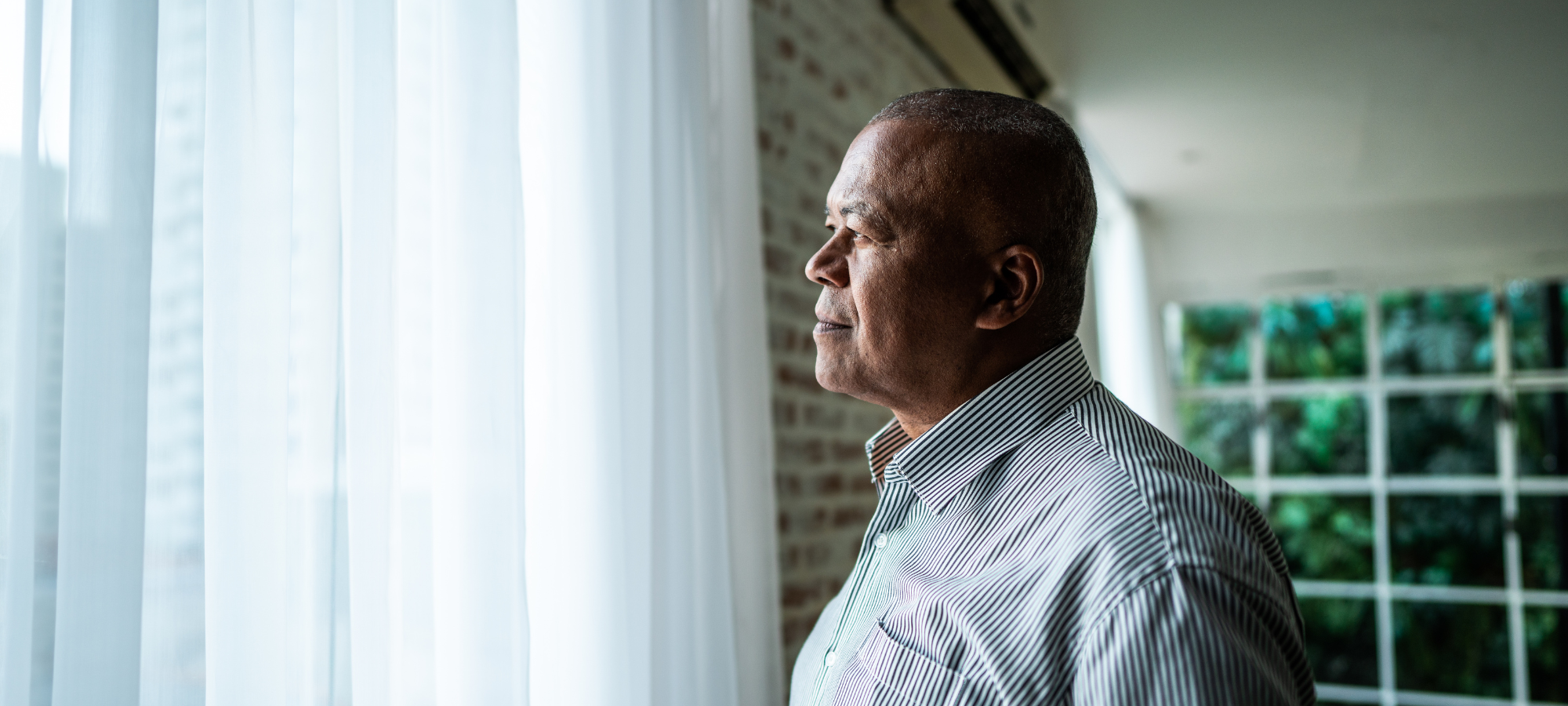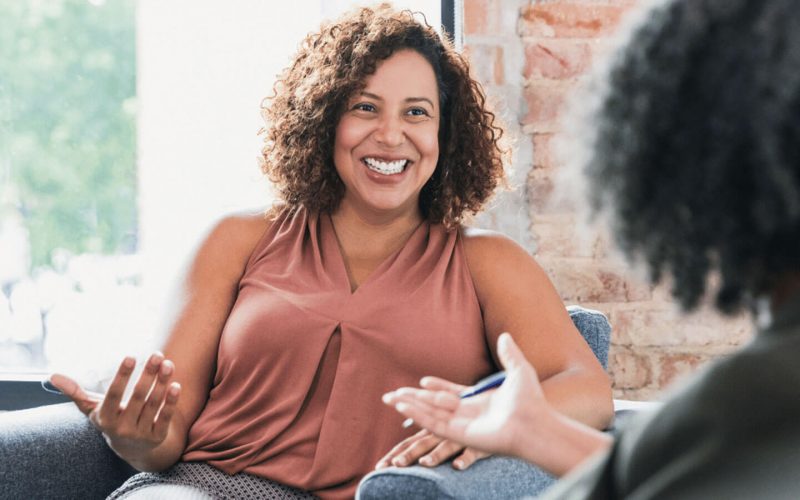
Most of us will feel anxious or worried at some point in our lives. It’s really common, and it can look and feel different for everyone. If you find yourself often worrying about lots of different things, you might be experiencing generalised anxiety disorder (GAD).
There are lots of different situations that might make us feel anxious, such as going to a job interview, sitting an exam, going to the doctors . They don’t have to be ‘big’ things either, it can often be a build up of little things like leaving the house in the morning, commuting to work, or meeting people. You might notice things like your heart beating a bit faster than usual, or your breathing might get shallower, but usually these feelings will ease and don’t impact your day-to-day life.
You might know why you’re feeling anxious or worried, but other times you might not be able to figure out why, and that’s okay too. Both are completely normal, and anxiety can look and feel very different for everyone.
If you have generalised anxiety disorder (GAD), you might feel anxious more often over lots of different things, and it can feel like your anxiety ‘jumps’ from worry to worry. It might feel difficult to manage your worrying, and you might notice it’s having an impact on your daily life. With GAD, it’s common to worry about a range of different things, sometimes all at once, and it might not always be something specific.
What are some of the symptoms of anxiety?
It’s important to know that anxiety can affect you both mentally and physically, some of the most common symptoms are:
- Feeling restless or worried
- Feeling a sense of dread
- Finding it difficult to sleep
- Trouble concentrating
- Shakiness
- Sweating a lot
- Feeling dizzy
- Heart palpitations (when your heartbeat feels strong, fast, or irregular)
- Having a dry mouth
- Muscle aches
- Feeling sick
- Pins and needles
- Talking faster, or not talking at all
These are just a few examples, and these symptoms can start to have a big impact on your daily life when they happen often.
If you’re struggling with another mental health problem, anxiety can also be the main symptom. Some of these are:
- Panic disorder and panic attacks
- Phobias
- Post-traumatic stress disorder (PTSD)
- Social anxiety
How else can anxiety impact us?
GAD can have a big impact on your everyday life. When you’re feeling worried regularly, you might want to withdraw from the things you usually enjoy, or are used to doing every day.
You might find spending time around others more difficult; you might start avoiding certain situations such as work or social events, and this might start to affect your self-esteem too.
You might notice that the impact of how you feel can start to make you feel even more worried, which can feel like a negative cycle that’s difficult to control.
What is the cause of generalised anxiety disorder?
The exact reason some of us experience GAD isn’t fully understood, but it’s thought that it could be a combination of a few different things such as:
- The genes we inherit from our parents
- Having a history of stressful or traumatic experiences
- Living with a long-term health condition
- Having a history of drug or alcohol misuse
What can help with anxiety?
There are lots of things that can help with GAD, including some things you can try yourself.
NHS Talking Therapies
Talking therapies can support you with lots of different mental health problems, one of these is cognitive behavioural therapy (CBT), which can be really helpful for generalised anxiety disorder. CBT is an evidence-based type of talking therapy that can help you to feel better by teaching you ways to change how you respond to certain situations. In the sessions, you’ll also learn how to manage negative thoughts.
You can access free and confidential talking therapies on the NHS, including CBT. We offer a range of NHS Talking Therapies here at Everyturn across the country, find out if we provide support in your area.
Read more about CBT at Everyturn.
Self help ideas
There are lots of things you can try yourself to help reduce anxiety.
Support groups
Support groups can be a great place to find advice, mutual support and build connections with people who have similar experiences.
Below are some places you can find out more about support groups for anxiety:
- Anxiety UK – Anxiety support groups for people aged 18+
- Hub of Hope – The UK’s leading mental health support database
Getting active
If physical activity is an option for you, regular exercise can be a great way to reduce anxiety and improve your overall wellbeing. Take a look at how exercise can improve our mental health.
Mindfulness
Mindfulness is about paying more attention to what’s happening right now, including your thoughts, feelings, and the world around you. Mindfulness can be a great tool to help you stop and notice your thoughts and how they affect how you feel and what you do.
You can find out more about mindfulness and how it can help here.
Looking after your overall wellbeing
Taking care of both your physical and mental health can help reduce feelings of anxiety. It can be useful to make sure you:
- Develop a good sleeping pattern.
- Get the right amount of sleep.
- Eat regularly and healthily.
These can all have a positive impact on your mood and your physical health.
For more ideas around what you can try yourself, visit NHS self-help for GAD.


